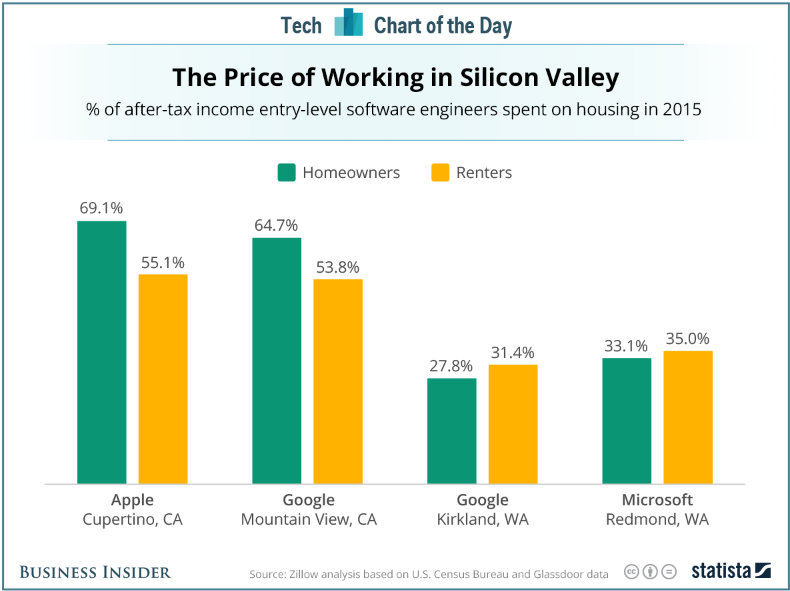You know it’s true—you’re a great HR Pro, but you don’t really like to recruit. That’s okay, because you’re good at a million other things your company values.
But here’s the thing: A recent Deloitte report outlined the need for HR Pros to grow their skills beyond what our functional area is traditionally known for. CEOs and division heads are expecting different things from HR, and one of those areas of need is… you guessed it… Talent Acquisition/Recruiting.
(Cue the lighting, adjust the crop and apply the filter—BAM. Insta-recruiter. There’s nothing that an Instagram filter can’t transform!)
The Fistful of Talent crew is back with the following webinar, “Instagramming HR: 5 Filters HR Pros Can Use To Transform Into Better Recruiters“ (sponsored by the good folks at Jobvite). Join Dawn Burke and Kris Dunn on June 29th at 2pm EST, and they’ll hit you with the following goodies:
–A review of why leaders report the need for HR re-skilling and why recruiting rises to the top of the list for HR pros and generalists at all levels.
–Data on how talent acquisition is a key component to achieving results in the modern workforce—including areas that HR Pros love to talk about (employee engagement, retention, etc).
–A breakdown of how recruiting has become more challenging in the last 5-10 years, and why the methods HR Pros have traditionally used to recruit aren’t as effective today.
–5 key strategies that HR Pros can embrace to modernize their approach to recruiting, get better results for their organizations and be viewed as high potential by the leaders they serve. We’ll go over those strategies and tell you how to get started with each of them.
The HR Pros at FOT know you work hard and are good at what you do. You don’t have to love recruiting as an HR Pro; you just have to be good enough at it to ensure it doesn’t hurt your career. With a little editing and the perfect lighting (Nashville, amIright?) you can bring out your inner recruiter in no time.
Click here to join us for “Instagramming HR: 5 Filters HR Pros Can Use To Transform Into Better Recruiters“ on June 29th at 2pm EST, and we’ll show how to ramp up your recruiting game without giving up the things you love to do as an HR Pro!!
REGISTER TODAY!

